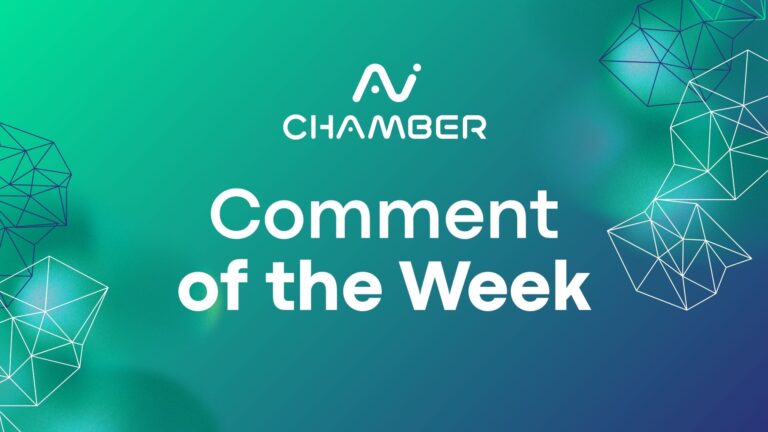Albania's New Minister is a Machine


In a move that has the Balkans, and indeed the world, raising a collective eyebrow, Albania has appointed the world’s first-ever AI minister. Not a “minister for AI” – there are plenty of those around the globe. This one actually IS an AI.
Named ‘Diella’, which fittingly means ‘sun’ in Albanian, this virtual minister is supposed to be tasked with the sunny prospect of eradicating corruption in public procurement. While this sounds like a noble, if not overly ambitious, undertaking, one can’t help but wonder if this is a genuine step towards a utopian, corruption-free future or a brilliantly executed publicity stunt.
I am not an expert on Albanian constitutional law, but I am betting that the legal gymnastics required to have a non-human entity hold a ministerial position are likely complex, if not impossible. This fact alone lends credence to the idea that Diella’s appointment is more about generating headlines than policy. And who better to orchestrate such a headline-grabbing move than Prime Minister Edi Rama? A man whose own life story reads more like a script for an avant-garde film than a political biography.
Before leading the country, Rama was a painter, a professor of art, and even a player on the national basketball team. His political career began as the Minister of Culture, Youth, and Sports, where he attracted much attention both for his innovative cultural projects, and his unusual clothing and unconventional political style. Later he gained international acclaim as the four time mayor of Tirana for his rather out-of-the-box project of painting the city’s drab, communist-era buildings in bright, bold colors. Appointing an AI to his cabinet seems perfectly in character for a man who has always blurred the lines between politics and performance art. This is, after all, a leader who sees politics not just as a science, but as an art form.
But beyond the spectacle, Diella’s appointment does serve as a fascinating segway to a much deeper, and increasingly relevant, discussion. Are we ready to accept that in certain domains, machines might just become better than us? An AI minister, in theory, is immune to the temptations of bribery, unaffected by personal biases, and free from the emotional whims that can cloud human judgment. In a field like public procurement, historically rife with corruption, the appeal of an impartial, data-driven decision-maker is undeniable.
The question then becomes less about whether they can do the job better, and more about whether we are psychologically prepared to cede control. This isn’t just about Albania’s public tenders. It’s about the looming possibility of AI judges, AI doctors, and AI public officials. The potential benefits are immense: faster, more accurate medical diagnoses; a more equitable justice system; and a more efficient and transparent government. Yet, the idea of handing over such critical aspects of our lives to a non-human entity is, for many, a deeply unsettling prospect. Already many commentators have used the term “our AI overlords” as a tongue-in-cheek stab at the growing ubiquity of AI. Is Rama’s move a first step in the machines taking over?
Albania’s experiment with Minister Diella, whether it’s a genuine political innovation or a clever piece of political theater, will be a crucial case study. As the world watches, we’ll get a glimpse into our collective readiness to embrace a future where the lines between human and machine intelligence in governance become increasingly blurred. And who knows, maybe Diella will surprise us all and actually manage to bring a little more sunshine to the world of public procurement.
What do you think? Are we ready to be ruled by intelligent machines, or will the human psyche never accept an “AI overlord? Let us know your thoughts in the comments below.
· More articles

The AI Act Comes Into Force. Poland Has a Chance to Build the Regulator of the Future — But Time Is Running Out
The beginning of August marks an important milestone for artificial intelligence regulation in Europe. In line with the AI Act timeline, several key provisions have now entered into force — including those related to the obligations of general-purpose AI (GPAI) providers and the governance structures at both EU and Member State levels. For Poland, this […]

What Does a Yacht Have to Do with Development? The Strategic Drift of Poland’s Economic Policy
The HoReCa sector support programme under the National Recovery Plan, which has been stirring public debate for the last week, should be more than just another topic in the daily political squabble. It has revealed a broader, systemic problem that calls for deeper reflection. While headline-grabbing cases of funding yachts or saunas rightly raise questions […]
